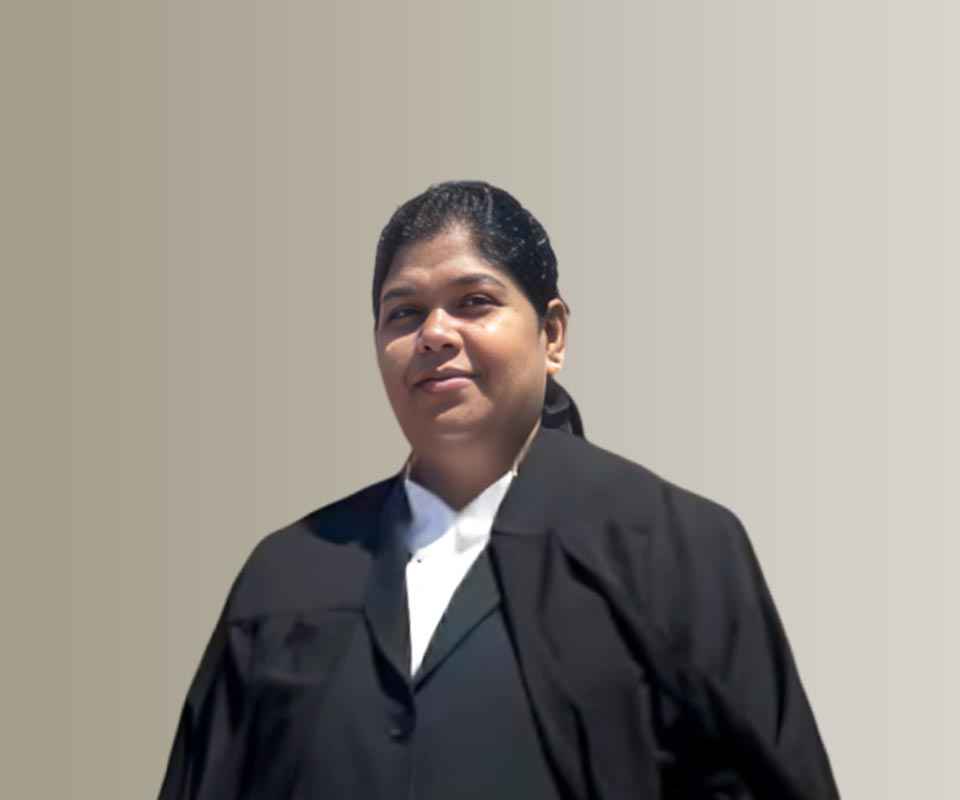Answer By law4u team
An executor is a person or institution appointed to carry out the instructions in a deceased person's will. In India, the process of appointing an executor follows a procedure that is guided by the Indian Succession Act, 1925, which applies to most communities, except Muslims who are governed by personal laws related to inheritance. The executor is responsible for managing the estate of the deceased, ensuring that debts are paid, and that the remaining assets are distributed according to the deceased's wishes as outlined in the will. Let’s break down how an executor is appointed: 1. Executor Appointment in a Will The most common way an executor is appointed is directly in the will of the deceased person. Selection by the Testator: The person making the will (the testator) chooses one or more individuals or entities (such as a lawyer, a trust company, or a bank) to be the executor. This decision is made while the testator is alive and is explicitly mentioned in the will. Role of the Executor: The testator usually names the executor to: Identify and collect the assets of the deceased person. Pay off any debts or liabilities the deceased may have left behind. Distribute the remaining assets in accordance with the wishes specified in the will. Multiple Executors: A will can name multiple executors, in which case they work together. If one executor is unable or unwilling to act, the others can continue or the court may appoint a replacement. 2. Legal Requirements for Appointment For an executor to take up their duties, the will must be proven to be valid. This process is known as probate. Probate: In India, the probate of a will is the legal procedure in which the court confirms the validity of the will and grants the executor the authority to carry out their duties. The executor applies to the court (usually a District Court or High Court depending on the jurisdiction) to obtain probate of the will. Who Can Be an Executor? Natural persons (individuals) can be appointed. Legal entities like banks or trust companies can also be appointed as executors, especially when the estate is complex. A person must have capacity to act as an executor (i.e., they must be of sound mind and not a minor). The person must also be willing to serve as the executor; it’s not a forced role. Executor's Obligation: When a person is appointed as an executor in the will, they are legally bound to fulfill the duties unless they renounce the role (e.g., if they do not want to undertake the responsibilities) or are disqualified. 3. If No Executor is Appointed in the Will If a person dies without appointing an executor (or if the appointed executor is unwilling or unable to act), the court may appoint an administrator. The administrator carries out the same duties as an executor. Letters of Administration: If no executor is named, or the named executor is unable to act, the court issues letters of administration to a family member or another person, granting them the authority to manage the estate. 4. Appointment by the Court (In Case of Dispute) In some cases, the court may need to intervene to appoint an executor, especially if there is a dispute over who should serve as the executor, or if the executor named in the will cannot or does not want to act. Disqualification of Executor: An executor can be disqualified from acting if they: Have a conflict of interest (for example, if they are a beneficiary under the will and have a vested interest in its outcome). Are unable to fulfill the responsibilities due to illness, incapacity, or conflict. Court's Role: If no one is named or the named executor is not willing or able to act, the court may appoint someone (often a family member) to administer the estate. 5. Responsibilities of the Executor Once the executor is appointed, they have several responsibilities to ensure that the deceased's estate is properly managed and distributed. These include: Identifying Assets and Liabilities: The executor must find out what assets the deceased person owned, such as property, bank accounts, investments, etc. They also need to identify any liabilities or debts. Paying Debts and Taxes: The executor must use the estate’s assets to pay off any outstanding debts or taxes that the deceased owed at the time of death. Distributing the Estate: After debts are settled, the executor distributes the remaining assets according to the instructions in the will. Keeping Records: The executor must maintain clear records of all transactions and dealings regarding the estate and can be required to submit an account to the court. Filing the Will: The executor is responsible for applying for the probate of the will from the appropriate court. 6. Appointment by the Court in Absence of a Will (Intestate Succession) If a person dies without a will, they are considered to have died intestate. In such cases, the court will appoint an administrator to manage the estate. This process is similar to the appointment of an executor under a will, except that the distribution of the estate will follow intestate succession laws (based on the deceased’s religion and applicable personal law). Application for Letters of Administration: The court grants letters of administration to the appointed administrator. This administrator will distribute the estate as per the applicable laws of intestate succession, which differ for Hindus, Muslims, Christians, and others. 7. Executor’s Rights and Powers An executor, once appointed, has certain legal rights and powers to carry out their duties, including: Access to the deceased’s assets: The executor has the right to access the deceased’s assets, including bank accounts and property. Legal authority: The executor can represent the estate in legal matters, including paying taxes, settling disputes, or selling assets to settle debts. Appointment of professionals: The executor may appoint professionals such as lawyers, accountants, or valuers to assist in administering the estate. 8. Renunciation of the Role by Executor An executor can renounce their role if they do not wish to serve as the executor. The renunciation must be done formally, usually in writing, and submitted to the court. If an executor renounces their role, the court may appoint an alternative executor. 9. Removal of Executor An executor can also be removed by the court if they fail to perform their duties properly or if they act in bad faith. Some grounds for removal include: Mismanagement or failure to act in a timely manner. Conflict of interest or personal gain from the estate. Dishonesty or fraud. Conclusion The appointment of an executor is a significant legal process in the administration of a deceased person’s estate. In India, the executor is typically appointed in the will, but in the absence of a will, the court can appoint an administrator. The executor has a fiduciary duty to act in the best interest of the estate and its beneficiaries, and they must go through the probate process to gain legal authority to administer the estate. The role of an executor is essential to ensure that the deceased person's wishes are honored and that the estate is settled according to the law.









